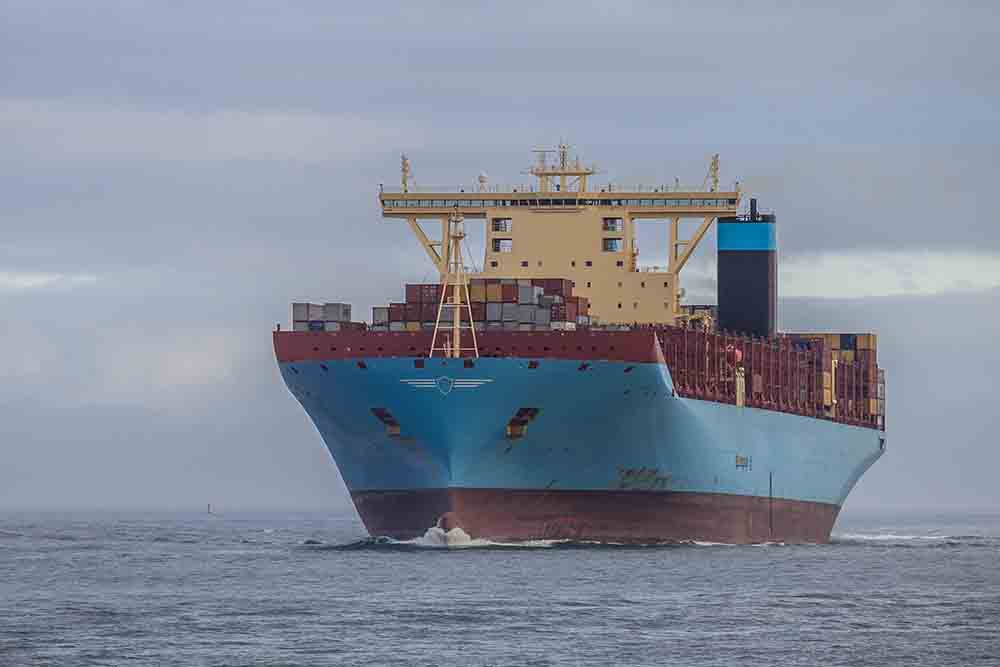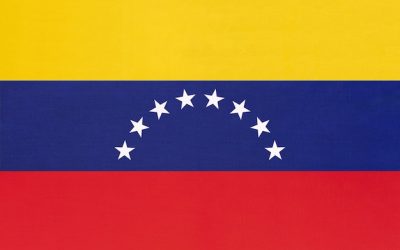Manitoba has a chance to prove it’s not the weakest link in an agreement struck between it and the other Prairie provinces to explore the possibility of building a deep-water harbour at Port Nelson on the Hudson Bay. Manitoba must do its part to not mess this up, especially as the province approaches a fall election that may mean a new government at the helm, although anything is possible given that some polls have both parties tied.
The idea was a long time coming. Various proponents proposed to build an all-purpose right of way utility corridor through Port Nelson and would transport any number of commodities, including natural gas, potash, grain, critical minerals, and timber. And, of huge benefit to this province, it would also provide the transmission corridor to move Manitoba’s hydro power to new markets in western Canada. Some Alberta politicians tossed it around as another route for an oil pipeline given all the problems in building a pipeline through the United States and eastern Canada.
Indigenous involvement is key to the initiative. It involves active participation from various Indigenous communities through a First Nation-owned corporation. Called NeeStaNan – meaning ‘all of us’ – the partnership brings together Indigenous communities along the corridor route.
The proposed corridor also is supported by heavy hitters in the Indigenous world. In April 2023, the Assembly of First Nations came out in favour of the corridor and directed the feds to do likewise.
The corridor would benefit all 3 Prairie economies, and would especially be a boom to Manitoba, as it lifts Canada’s export-based economy. So, there is no need for this to become a partisan issue. Governments of all stripes should see the benefits of this corridor and should get behind it.
If the Stefanson PCs win another election, they would certainly remain committed to the project.. Proponents would need to keep the government’s feet to the fire and ensure they don’t drag their feet or fall to NIMBYism.
The Manitoba NDP is the wildcard. Its union base is almost completely in the public sector which constantly wants more spending and higher taxes and it is dominated by identity politics and climate action groups which attack conventional energy production and promote extreme environmentalism.
Case in point was the NDP leader’s support for the so-called Leap Manifesto, a statement about a decade ago by a coalition of environmental, labour, and Indigenous groups that – among other things – aimed at no new infrastructure projects involving non-renewable resources. That is a road to nowhere handcuffing Manitoba’s growth options when it comes to reasonable economic development.
How likely is it that NDP Leader Wab Kinew will repudiate this extreme document and distance the party from its adical environmentalists?
Given the strong Indigenous involvement on this project, the NDP should be solidly behind this corridor. Or, like so many pipelines and other resource projects, will the left’s extreme anti-energy wing trump Indigenous prosperity in the end? Will the Manitoba NDP stand against a corridor that is supported by the full Assembly of First Nations? This corridor project is an exercise in Indigenous economic self-determination. Will the NDP stand against that?
Assuming it is deemed feasible, both major parties in Manitoba must commit to seeing this pro-prosperity, pro-Indigenous project come to fruition.
Joseph Quesnel is Senior Research Associate with the Frontier Centre for Public Policy.



